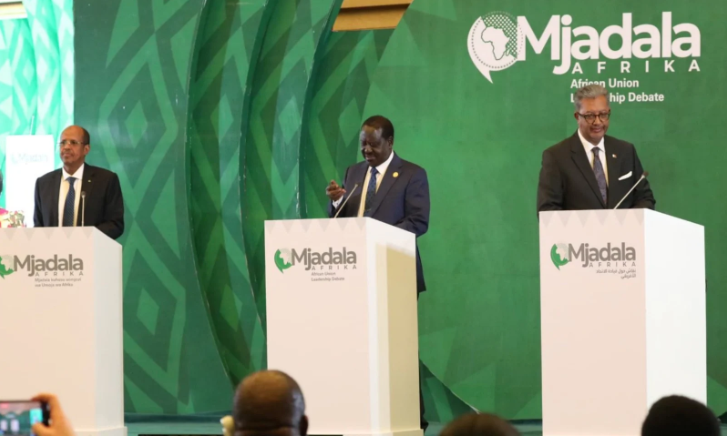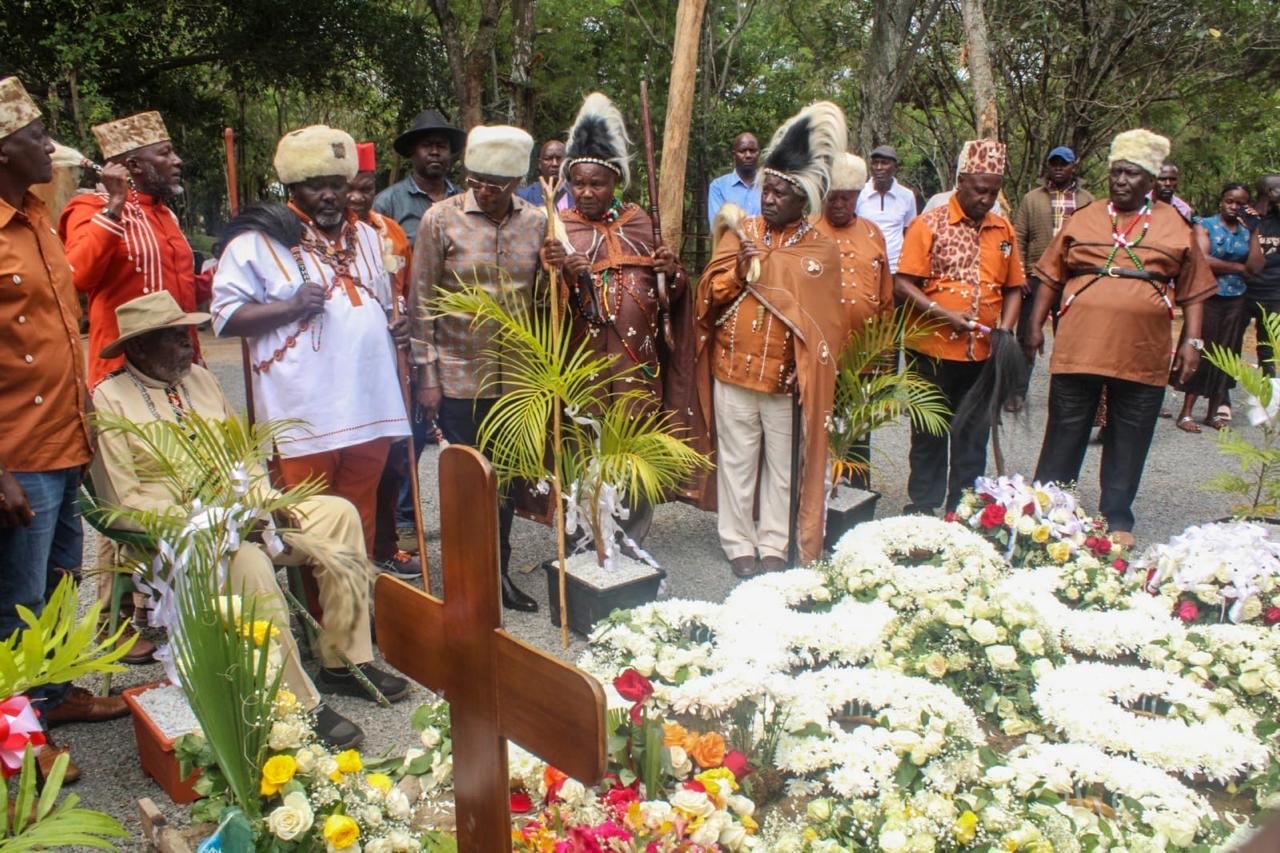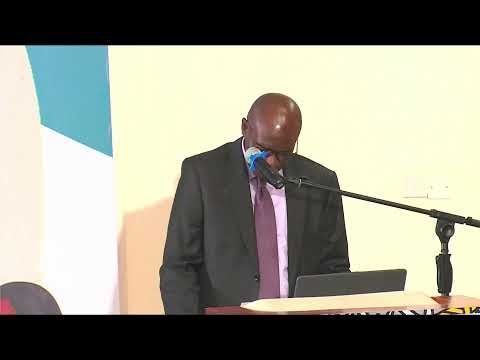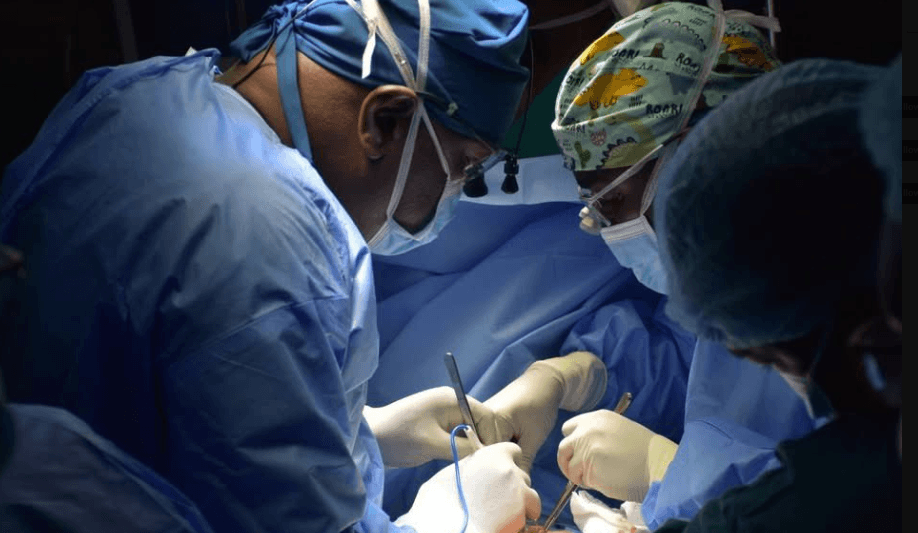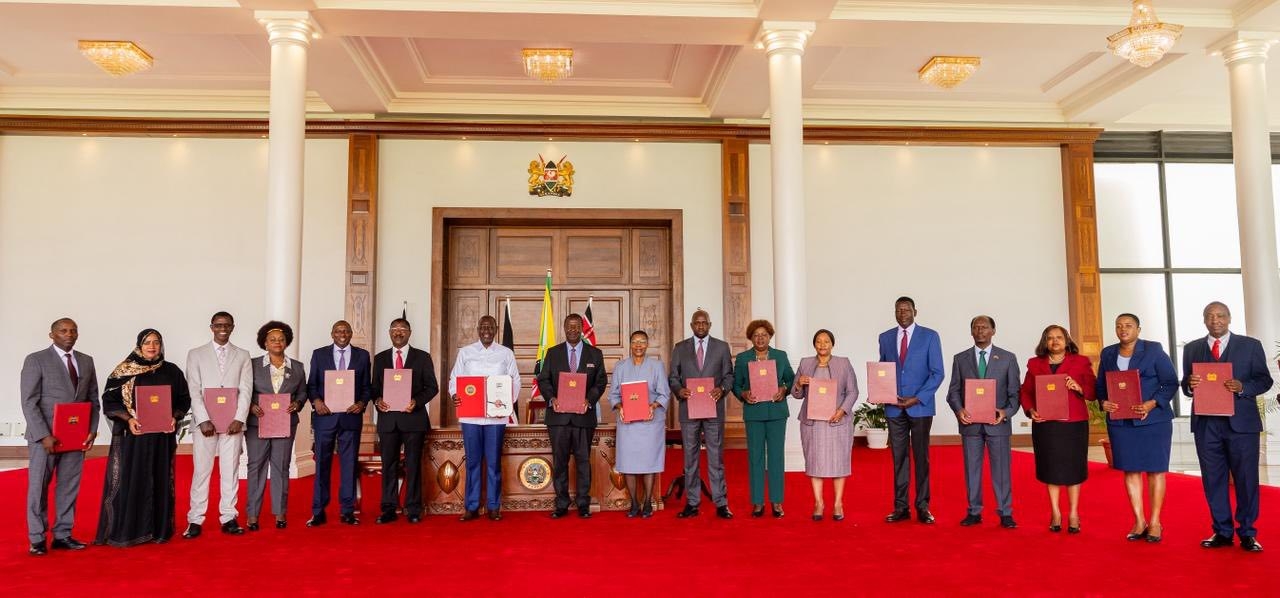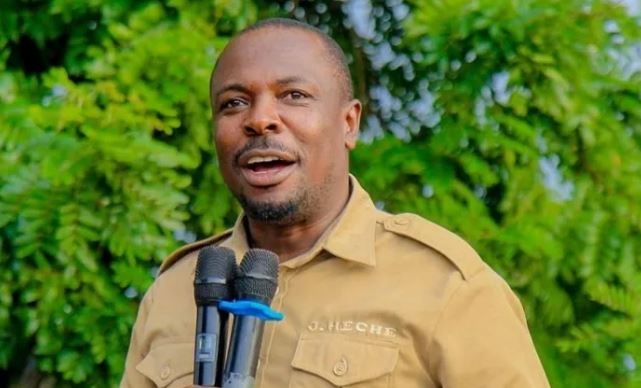
As the African Union is set to undergo a change of
leadership, the world, especially the global north, must pay attention to the
upcoming elections slated for 15th Feb 2025.
The results of the election will play a critical role in
multilateral space, especially on the need to rejig the United Nations/UN
Security Council, global financial structure, and a decisive stand on climate
change.
Africa is endowed with strategic natural resources, a silent
justification for the scramble for Africa since the 18th Century.
The latest addition to Africa's competitive advantage is the
movement in demographics.
Africa's 'Youthquake' is the latest strategic resource to
see the continent on top of the table, especially if member countries embrace
good governance and people-centred leadership.
By 2035, according to the IMF, more young Africans will
enter the workforce than the rest of the world combined.
There is a surge of ageing populations in most developed
countries like Japan, which already has 30% of its population over 60 years
old, compared to Africa, with a population of more than 60% under 25 years. It
is estimated that one in four people on the planet by 2050 will be African.
The push for Africa to speak with one voice on critical
challenges is internal; there is a wind of change across the continent
propelled by the Gen-Zs, as was witnessed in Nigeria, Kenya, and Uganda in
mid-2024, and regime changes in several West African countries via military
coup and democratic elections.
But despite these realities, multinational corporations from
the West that depend on minerals and other resources from Africa may wish for
the status quo.
At the same time,
most citizens in developed countries want Africa ‘fixed’ to curb economic
refugees.
Immigration is blamed for the resurgence of right-wing
parties in Europe and even in the USA; President Trump won the 2024 presidential
race for, among other factors, being anti-immigration.
There is a silent agreement among African leaders that they
need a platform they can use to champion collective challenges, the African
Union Commission (AUC) is undergoing reform to fill the void.
The AUC is the secretariat that runs the African Union, a
continental body with 55 member states, though six are currently suspended.
Through the AUC, Africa will have a voice on key global
issues.
In September 2023, Africa Union was made a permanent member
of the G20. The G20 represents around 85% of global GDP, 75% of international
trade, and two-thirds of the world's population before AU joins the club.
One of the reasons the AUC chairmanship election is
consequential is the push to restructure the United Nations.
Most member states of the United Nations agree that the
global body is not fit for purpose in this Century; therefore, a major overhaul
is inevitable.
None of the 55 African countries are permanent members of
the United Nations Security Council; often, one or two African states get
elected by the UNGA as part of the ten non-permanent members elected for two
years.
A strong AUC chairperson will be expected to guide and lead
negotiations for African states in pushing for the expansion of the UNSC to
include African countries and also provide the basis for picking such a member
state for the UNSC.
Candidates
Former Prime Minister of Kenya Raila Odinga, is battling it
out with Djibouti’s Foreign Affairs Minister Mahmoud Ali Youssouf, and Madagascar's
former Foreign Affairs Minister Richard James Randriamadrato, with Raila and
Youssouf emerging as front runners.
Of the three, Raila is viewed as the strongest, given his
towering profile and brand recognition across the continent, while Youssouf
scores high on the age factor.
Africa has been dogged by violent conflicts, religious
fundamentalism, and corruption that has escalated widespread poverty,
threatening economic stability and growth.
Human catastrophes
fuelled by armed conflict over the years (case of Sudan, South Sudan, Northern
Uganda, Horn of Africa, Central African Republic, DR Congo, the Sahel region,
etc) call for a credible local body to lead interventions under the mantra
African problems need African solutions.
The next AUC chairperson should be able to mobilize action
and intervene to mitigate human suffering whenever such calamities strike.
Climate change
In a short span of about 20 years, Africa has experienced a
sudden change in climate conditions; the region has experienced prolonged
drought and flash flooding, subjecting millions to famine, economic loss, and
extreme poverty.
Many countries in the continent are still dependent on
rudimentary agricultural practices, and poor infrastructure and thus the effects
are devastating than in developed countries.
The region is at zero ground level for climate change,
bearing the brunt of the catastrophic effects, yet the big polluters are far
removed from the ground.
The next AUC Chairman should be someone able to take up the
challenge of climate change and push for the realization of promises made over
the years by the big polluters, accelerate mitigation and adaptation processes
to shield the region and catalyze development.
Natural resources
Africa has natural resources: minerals, oil, precious
stones, agricultural land, and resilient people.
On a global scale, it is estimated that the continent
accounts for 40% of gold, 30% of minerals, and 12% of oil reserves.
These resources have not benefited locals due to poor
governance and corruption.
Political leaders,
multinational corporations, and foreign powers from "the West",
Russia, and China stand accused of unfair exploitation of resources.
Of the top 10 countries with Africa's most valuable natural
resources, only Botswana directly benefits its citizens.
The next AUC
Chairperson will be expected to put mechanisms for resource exploitation on the
continent.
Financial system
There is a growing call for reform of the international
financial system that is currently unjust to many countries, especially in
Africa.
Due to stringent conditions set by lenders like the World
Bank and IMF, many African countries cannot access concessional funding for
development.
The next AUC chairman will be expected to rally member
states in demanding reforms and appeal for cooperation on "debt
treatment" and debt re-profiling to include longer grace periods and
extended tenures for both existing and future financing.
There are growing calls for stakeholders to double their
contribution to multilateral development banks such as the International
Development Association of the World Bank, which offers developing countries
low-interest concessional financing that will enable more poor countries to
access concessional funding.
Free Trade Area
Lastly, the African Continental Free Trade Area (AfCFTA), an
ambitious initiative adopted in May 2018 with huge transformative potential for
Africa and beyond, is progressing.
Africa is home to the world's largest group of developing
countries, of which 33 are least developed countries, and 16 are landlocked
developing countries.
The AfCFTA promises to connect 1.4 billion people across 54
55 African countries (Eritrea is not participating), spanning a market with a
combined GPD of 3.4 trillion USD.
It envisages the free movement of goods, services, and
people and provides for continental rules on competition, investment,
intellectual property, digital trade, and women and youth.
This continental trading block will have a significant
impact on global commerce.
The next AUC Chairperson will be expected to play a critical
role in fully realizing the AfCFTA's goals.
With Africa rising, the West must pay attention as the
envisioned changes will impact the developed world greatly and, to a large
extent, positively.
The writer is a Public
Affairs consultant based in Rotterdam, the Netherlands


